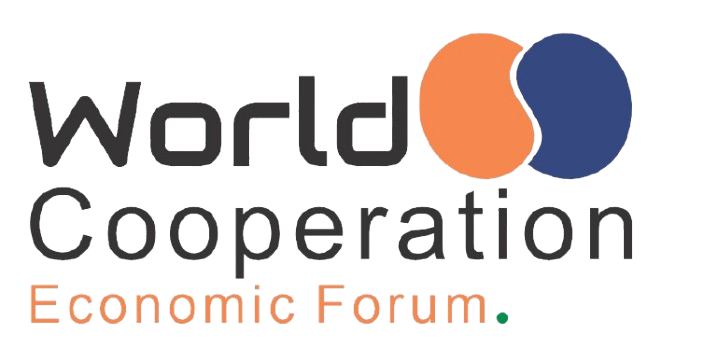Sustainability and the World Cooperation Economic Forum (WCEF):
Sustainability is at the core of the World Cooperation Economic Forum (WCEF), driving its vision of a balanced global economy that meets the needs of the present without compromising the ability of future generations to thrive. The WCEF emphasizes the interconnectedness of economic, social, and environmental dimensions and seeks to align cooperative strategies with sustainable development goals (SDGs).
—
Key Sustainability Focus Areas of WCEF:
1. Promoting Green Economies:
Advocating for the adoption of renewable energy, circular economic models, and eco-friendly technologies to minimize environmental impact.
Supporting industries and cooperatives that prioritize sustainable production and consumption.
2. Sustainable Development Goals Alignment:
The WCEF ensures that its initiatives contribute directly to SDGs, such as eradicating poverty (SDG 1), ensuring clean energy (SDG 7), and fostering climate action (SDG 13).
3. Community-Centric Resource Management:
Encouraging communities to co-own and manage natural resources responsibly, ensuring equitable access while preserving ecosystems.
4. Resilient and Inclusive Systems:
Building systems that reduce economic vulnerability, especially for marginalized groups, by addressing climate risks and fostering adaptive capacities.
5. Sustainable Financing:
Promoting ethical and green financing mechanisms, including investments in renewable energy projects, sustainable agriculture, and eco-friendly infrastructure.
How WCEF Integrates Sustainability:
1. Policy Advocacy:
Influences global and regional policies to prioritize sustainability in trade, investment, and cooperative governance.
Supports the transition to low-carbon economies through cooperative approaches.
2. Knowledge Sharing:
Provides a platform for sharing innovative sustainable practices among governments, cooperatives, and private sectors.
Organizes forums, workshops, and dialogues focused on sustainable economic solutions.
3. Partnership Development:
Facilitates cross-sector collaboration between cooperatives, businesses, NGOs, and governments to scale sustainability efforts.
Supports local cooperatives in accessing green technologies and expertise.
4. Monitoring and Evaluation:
Establishes sustainability benchmarks to measure progress in cooperative projects and economic activities.
Encourages transparent reporting on environmental and social impact.
Example Initiatives of WCEF for Sustainability:
1. Renewable Energy Cooperatives: Supporting community-owned solar, wind, and hydroelectric projects to ensure affordable, sustainable energy.
2. Sustainable Agriculture: Empowering farmer cooperatives to adopt organic farming, water conservation, and soil health practices.
3. Green Urban Development: Promoting eco-friendly housing cooperatives and sustainable public infrastructure.
The Role of Cooperation in Sustainability
The WCEF recognizes that sustainability is only achievable through global collaboration and shared responsibility. By fostering cooperative economic models, the forum ensures that economic activities benefit not just stakeholders but also the planet, promoting a balance between growth and preservation.
Through its sustainability-driven mission, the WCEF serves as a catalyst for transforming global economies into systems that are inclusive, resilient, and in harmony with nature.re economic systems are built on collaboration, fairness, and respect for human dignity and the environment.

Leave A Comment